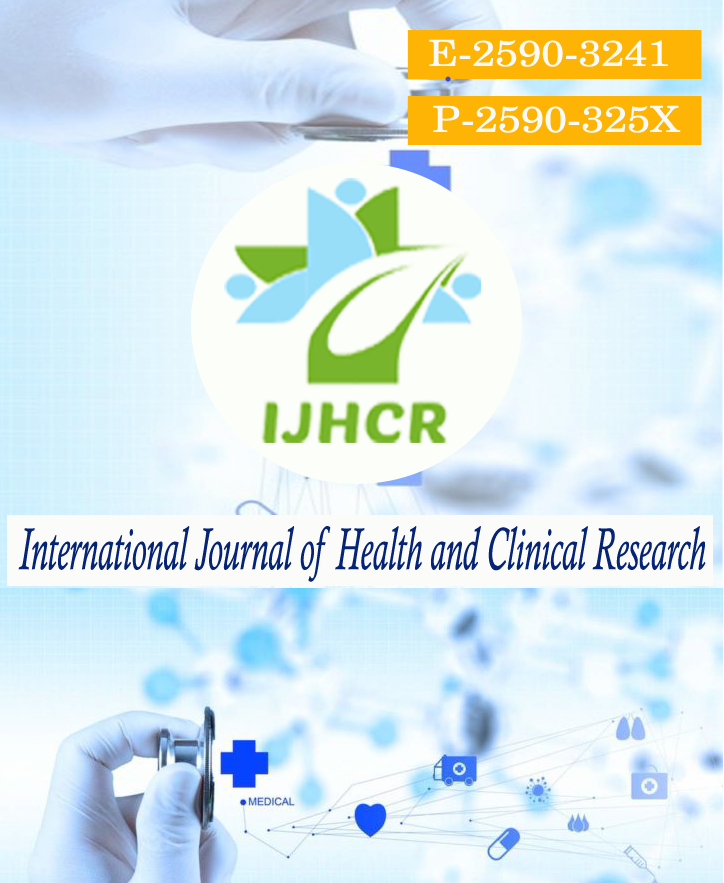
International Journal of Health and Clinical Research
Yazarlar: Arvind Sharma, Aditi Bharti, Richa Sharma, Jagmohan Dhakar, Tej Pratap Singh
Konular:-
Anahtar Kelimeler:Indicative of lower PWB score among males rather than in females. So,There should be emphasis on the male mental status for the productivity of life and community.
Özet: Context: Psychological well-being (PWB) is affected by physical health, personality, life experiences, gender, socioeconomic status, and culture. Gender is an important social determinant of health and gender-based analysis is necessary to rectify women’s and men’s health and health care. Aims: The purpose of this study was to assess the psychological well-being of college students and to determine the significant gender differences and association with regard to psychological well-being aspects. Settings and Design: This cross-sectional study was conducted among 250 college students selected by simple random sampling. Methods and Material: The Ryff’s PWB Scale, 42-item version used for assessment of PWB and data were collected by self-administering questionnaire. Internal consistency of the scales was estimated and descriptive statistics, independent samples t-test, regression analysis was done. Results: A total of 243 students’ questionnaire were analyzed. The mean age of the participants was 19.33 ±1.77 years, and 72% of participants were male. Cronbach’s alpha coefficient for internal consistency of Ryff’s PWB scale was 0.832 in this study. The mean of PWB is 197 ±20.67 and female reached a higher score in all the parameters of PWB than male, differences were (t=4.76, P < 0.001) significant. Simple linear regression showed that gender was a highly significant (P < 0.001) predictor of PWB. Conclusions: The females had a better psychological well-being in terms of all dimensions rather than males. It suggests that there was difference in term of psychological well-being for those male and female respondents.